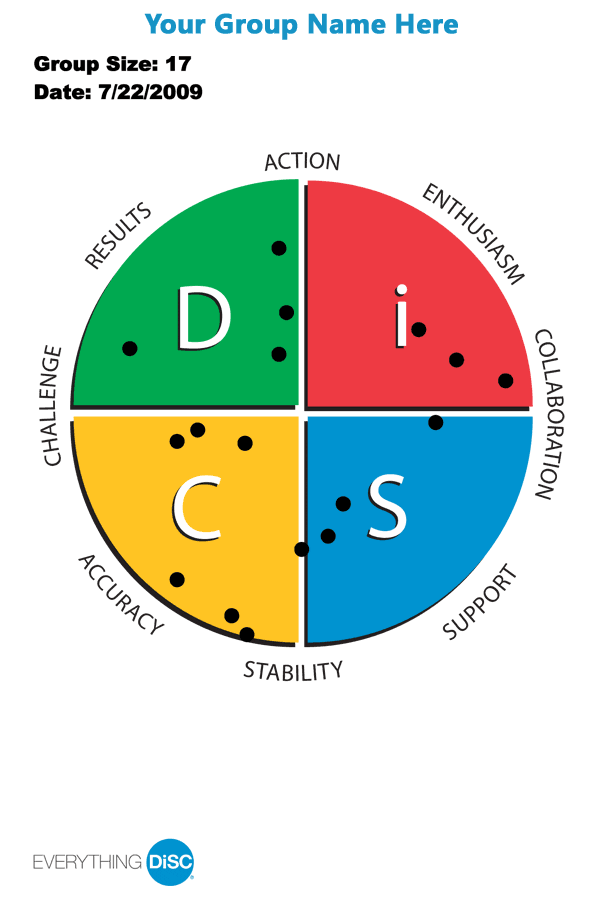The NEW USB drive makes customizing your DiSC® training programs even easier!
If you’re tired of toggling back and forth between your DiSC DVD for videos and your PowerPoint presentation, then this upgrade is for you. Now you can replace your existing DVD with an USB that incorporates the content, videos and resources materials in one easy-to-use package.
Why should you upgrade?
Upgrading to the USB format means:
- Easier customization of Leader’s Guide and other Worksheets
- Videos embedded into PowerPoint eliminates the toggle between the PowerPoint presentation and DVD
- Less bulky & easier to transport
About the DiSC Facilitator Kit
The DiSC Facilitator Kit provides pre-developed modules and course outlines that help you create simple, effective DiSC based training – right out of the box! Mix and match modules to provide the most effective training for your group, and customize them to keep your brand in front of clients or employees.
Read more about the Everything DiSC Facilitator Kit.
If you have any questions, please call Corexcel at 1.888.658.6641. Our offices are open Monday – Friday, 9am – 5:30pm Eastern Time.
 Each poster is optimized for 24” by 36” printing, which means that it can be professionally printed and easily incorporated into your training program or posted in a common area.
Each poster is optimized for 24” by 36” printing, which means that it can be professionally printed and easily incorporated into your training program or posted in a common area.